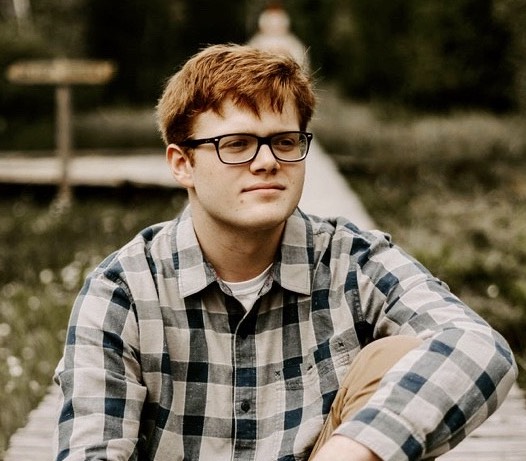What does it mean to become an adult?
Among many things, the most essential is that we shed our childhood and the behavior that went with it. We are no longer solely concerned with what we have to do to get by – we must become concerned with what it means to provide for the collective good.
Many claim that they never had a chance to really figure out what being an adult entails. They say that the time went by so fast that they didn’t even realize that the transition had even happened. Others wish they had had more time to mentally prepare for what was to come in adult life.
It’s clear that it’s a strange time to be transitioning into a new stage of life. No one could have known that our bound into adulthood would be so … boundless. Nonetheless, it presents a rare opportunity for us to use this time as a rite of passage into our adulthood.
Various rites of passage mark important transitional periods in a person’s life, often involving ritual activities and teachings designed to strip individuals of their original roles and prepare them for new ones.
Just as a wedding celebrates the start of a marriage or a water baptism symbolizes a religious purification, our current daily rituals of quarantining and social distancing will inevitably lead to a new stage in everyone’s lives. This is especially true for high school seniors, especially by virtue of the fact that it comes amid an already anticipated transition out of adolescence.
Although a graduation ceremony is undoubtedly considered a rite of passage into the next stage of life, its symbolism lacks in providing time to actually plan and ponder what that next stage of life will actually necessitate.
According to Arnold van Gennep, the main developer of the anthropological theory of rites of passage, the concept occurs in three phases, one of which is liminality. According to dictionary.com, liminality is the “transitional period or phase of a rite of passage during which the participant lacks social status or rank, remains anonymous, shows obedience and humility, and follows prescribed forms of conduct, dress, etc.”
Anthropologist Victor Turner described liminal individuals as “neither here nor there; they are betwixt and between the positions assigned and arrayed by law, custom, convention and ceremony.”
Liminality is often compared to twilight – the time that is neither night nor day. The title sequence of The Twilight Zone describes twilight as “the middle ground between light and shadow, between science and superstition.”
There are many contemporary parallels to draw with respect to this concept. As we all socially distance and experience constant uncertainty about what the future will look like, we often feel senses of anonymity and humility. As a high school senior during the coronavirus pandemic, I experience the feelings of being “betwixt and between” in life everyday. Although it’s perhaps not a pleasant feeling, it has allowed me to look forward to and plan for what such an uncertain future may (or may not) hold.
In talking to my peers and comparing how we’re feeling during such unprecedented times, I’ve noticed how our uncertainty has morphed into fear. From being infants and fetuses while the 9/11 attacks took place, to seeing our parents and relatives suffer great financial tribulations as a result of the Great Recession when we were seven and eight, to seeing a global pandemic ravaging millions of individuals and families while we were supposed to be walking across a stage in caps and gowns, we have all seen how quickly everything can change in an instant.
Moreover, we have lived our lives being told that it’s too late to stop our planet’s climate from changing and having devastating effects on our generation and the ones after us.
Although no one wants to experience fear, it’s often warranted, and it often leads to great prosperity. If our fear has done anything, it has shown that change needs to happen – and soon. No one deserves to live in fear.
I have great faith that as a result of the challenges the Class of 2020 has had to face, we will create much positive change after this is all over. Our class is in a unique situation, but we have an equally unique opportunity to not only plan strategically for how we want to live as adults, but also to discuss how we can cure society’s ills as well.
Like all rites of passage, ours needs to symbolize something. If we shift our present paradigms of boredom and fear to begin viewing this time as a medium for finding the adults within ourselves, then our rites of passage will be preludes to adult lives of great prosperity, opportunity and happiness.

Solomon Lindenberg is a senior at Gibraltar High School and an intern with the Peninsula Pulse. He plans on attending DePaul University in the fall and majoring in journalism.

Recent Comments